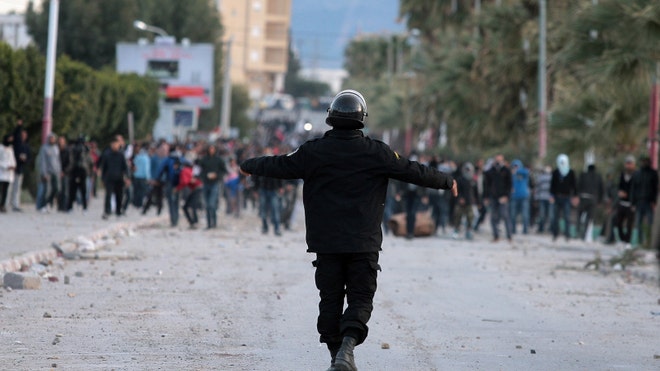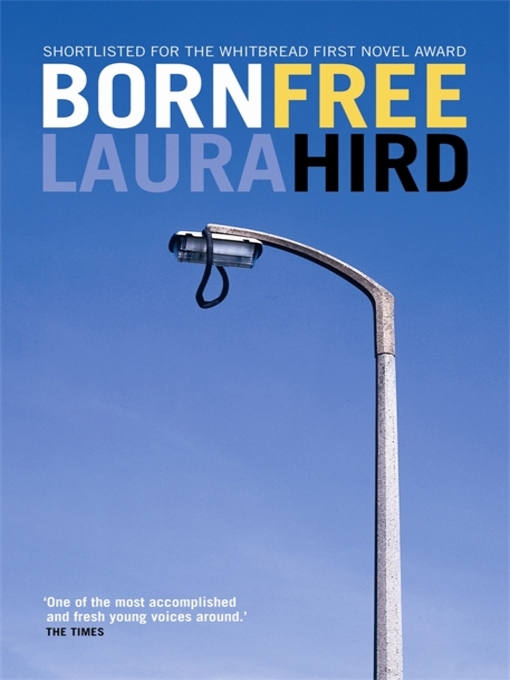Posts from February 2014
Reflections on Politics and Violence seminar, March 5th
Tagged as politics, radical philosophy

Wednesday 5th March, 13:00-15:00
The Westminster Forum, 5th Floor, University of Westminster, 32-38 Wells Street, London W1T 3UW
Kimberly Hutchings and Elizabeth Frazer
“Reflections on Politics and Violence”
Kimberly Hutchings is Professor of International Relations at the London School of Economics. Her main research interests are in international ethical and political theory, feminist ethical and political theory, and the work of Kant and Hegel. She is the author of Kant, Critique and Politics (Routledge, 1996), Hegel and Feminist Philosophy (Polity, 2003), Time and World Politics: Thinking the Present (Manchester, 2008) and Global Ethics: An Introduction (Polity, 2010).
Full list of the Faculty ‘On Violence’ seminars can be found online here
Reminder: Cold War Systems Symposium, Feb 27th
Tagged as ecology, science, technology, Theory, war

The Continuities of Cold War Systems: A Symposium
Thursday 27th February 2014, 9am-6pm.
The Boardroom, University of Westminster, 309 Regent Street
Hosted by John Beck (Westminster) and Ryan Bishop (Winchester School of Art), participants include Ele Carpenter (Goldsmiths), Fabienne Collignon (Sheffield), Mark Coté (King’s), Dan Grausam (Durham), Ken Hollings (Middlesex), Adrian Mackenzie (Lancaster), Jussi Parikka (Winchester), John Phillips (Singapore), Adam Piette (Sheffield), Jennifer Pybus (Winchester), James Purdon (Cambridge), Aura Satz (London Consortium), Neal White (Bournemouth).
From the late 1940s through the 1980s systems analysis, cybernetics, and information theory came to shape military, business, government and academic thinking on a wide array of subjects. The influence of such thinking is also evident in the arts, from the so-called systems novels of the 1960s and 70s, to minimalist and electronic music, conceptual art, and the emergence of electronic media. The end of the Cold War did not end systems thinking; indeed, given the phenomenal expansion of computer technologies into every aspect of contemporary life it is fair to say that we are now living in a world imagined and engineered during the Cold War. This event seeks to address the ways the Cold War, particularly through a consideration of systems thinking, continues to shape the contemporary.
RSVP John Beck: j.beck@westminster.ac.uk.

Wednesday 26th February, 13:00-15:00
The Westminster Forum, 5th Floor, University of Westminster, 32-38 Wells Street, London W1T 3UW
Michael Dutton (Goldsmiths)
“Becoming Political: My China”
Michael Dutton is Professor of Politics at Goldsmiths, University of London, and author of, among other texts, Beijing Time (Harvard, 2008) and Policing Chinese Politics (Duke, 2005).
Full list of the Faculty ‘On Violence’ seminars can be found online here

Wednesday 5th March 2014, 6pm
Fyvie Hall, University of Westminster, 309 Regent Street, London W1B 2HW
“Catastrophic Futures and Applied Fiction”
Professor John Beck (University of Westminster)
Asteroid impact, pandemic, earthquake, resource depletion, nuclear war, toxic waste, bioterrorism: the list of potential global catastrophes is long and seemingly unlimited. The scale of such threats is so immense that the possibility of grasping their implications is often beyond everyday comprehension. Yet there are experts and organisations around the world grappling with plausible catastrophic scenarios, from asteroid tracking facilities and geo-engineering enterprises to space colonisation projects and repositories for genetic information and long-term nuclear waste sequestration. Each of these projects requires the extraordinary task of linking the quotidian to the unimaginable, of moving from fact to fiction. How are these links made? How is the fantastic grounded in the material world of real places and people? How does the kind of thinking more commonly found in the arts and humanities contribute to projects involved in catastrophe prediction and management? Writers, artists, and architects are often an integral part of projects dealing with long-term solutions to catastrophic threats. This involvement goes beyond the functional role of illustrating or articulating scientific and engineering proposals, and is intrinsic to the epistemological challenges faced when attempting to imagine and shape notionally unthinkable scenarios. This lecture considers a range of ‘applied fictions’ in order to explore how arts and humanities methodologies are embedded in any critical engagement with the prospect and prevention of future catastrophe.
John Beck joined the Department of English, Linguistics and Cultural Studies at the University of Westminster in 2013. He writes mainly about modern and contemporary art and literature that is concerned with the politics of place. In his first book, Writing the Radical Center (2001), the avant-garde constructivism of American modernist poet William Carlos Williams is read as a means of situating the local – in this case industrial New Jersey – as the bedrock of creative democracy. More recently, Dirty Wars (2009) approaches the permanent militarisation of the Western US after Pearl Harbour through analysis of literary responses to the military-industrial de- and reformation of purloined Western landscapes. Overlapping issues of war, environment and secrecy continue to shape Beck’s research, which is currently focused in two main areas: exposure and hiddenness in landscape photography, and the imagination of catastrophe. His latest work in these areas has been concerned with abstraction in aerial imaging, projects for terraforming Mars, and contemporary ruinenlust.
Register online at: https://www.eventbrite.co.uk/e/inaugural-lecture-series-2013-2014-catastophic-futures-and-applied-fiction-tickets-7899384271
Wednesday 19th February, 13:00-15:00
The Westminster Forum, 5th Floor, University of Westminster, 32-38 Wells Street, London W1T 3UW

Paola Forgione, Pavia
“The Crime of Genocide Denial”
Paola Forgione is a PhD candidate at the University of Pavia in Italy, where she researches genocide prevention. Her thesis focuses on genocide denial and incitement to genocide. Paola is also a lawyer in Italy and worked as an intern in the Pre-Trial Division of the International Criminal Court in The Hague.
Full list of the Faculty ‘On Violence’ seminars can be found online here
Laura Hird literature research seminar, Weds 19th
Tagged as Literature, politics, Scotland

Wednesday 19th February, 4.00pm
Room 106, University of Westminster, 32-38 Wells Street, London W1T
“No Horizons: Queering the Scottish Devolutionary Moment in Laura Hird’s Born Free”
Kate Turner, University of Westminster
Taken from a broader research project entitled ‘The Queer Moment: Post-devolution Scottish Literature’, this paper seeks to queer the nation which, in Lauren Berlant and Elizabeth Freeman’s words, ‘touts a subliminal sexuality more official than a state flower or national bird’ (‘Queer Nationality’ 195). Specifically, my research explores the queer potential that stems from Scottish devolution in 1999 and tracks this through to the referendum on Scottish independence to be held 18th September 2014. The paper considers Scottish devolution a site of rupture for Scottish nationhood; so often imagined into being with reference to its lack or loss of statehood, it is argued that Scotland finds itself at a disorientating moment of introspection in the wake of its own devolution. Within this context the paper offers a queer reading of Laura Hird’s Born Free (1999) using Lee Edelman’s No Future and Judith Halberstam’s In a Queer Time and Place. This analysis examines the breakdown of the nuclear family, uses Edelman’s term ‘reproductive futurism’ to regard devolution as queerly ‘beyond the horizon’, and uses Halberstam’s ideas to explore Hird’s characters as ‘queer subjects’. Through attention to the Scottish devolutionary setting of the text, the paper then draws links between Born Free’s queer aspects and this moment in order to conceptualise the disorientating impact of devolution, and the queer potential of this.
Wednesday 12th February, 1.00-3.00pm
Westminster Forum, 5th Floor, University of Westminster, 32-38 Wells Street, London W1T
“Enduring Violence: Photography in Rwanda After the 1994 Genocide”
Zoe Norridge, King’s College London
Dr Zoe Norridge joined King’s College London in 2012. Prior to King’s she was a Lecturer in Modern and Contemporary Literature and Director of the Aftermaths Research Strand at the University of York, Department of English and Related Literature. Since being selected as one of ten inaugural “New Generation Thinkers” by the BBC and AHRC in 2011, Zoe has made several short pieces for Radio 3. She also writes book reviews for The Independent and The TLS.


The Institute for Modern and Contemporary Culture
University of Westminster Department of English, Linguistics and Cultural Studies
32-38 Wells Street, London W1T 3UW. United Kingdom.
